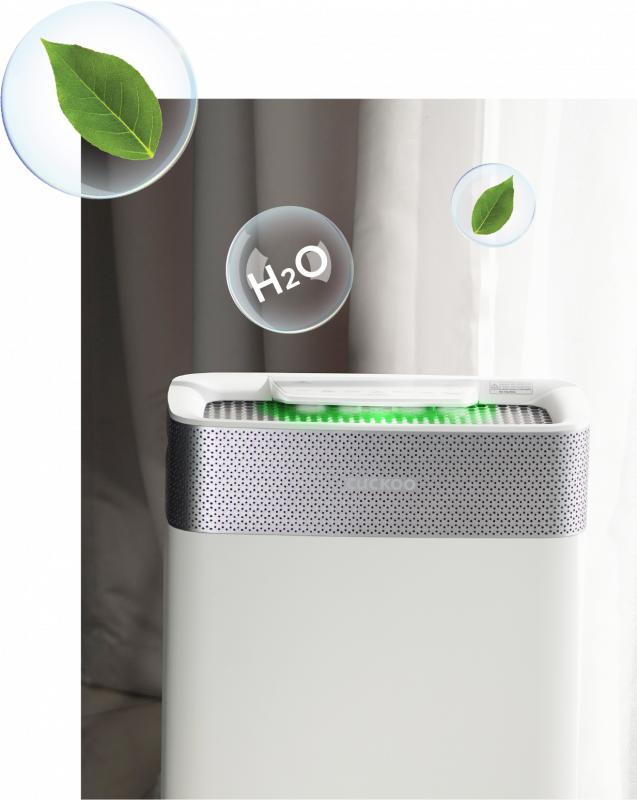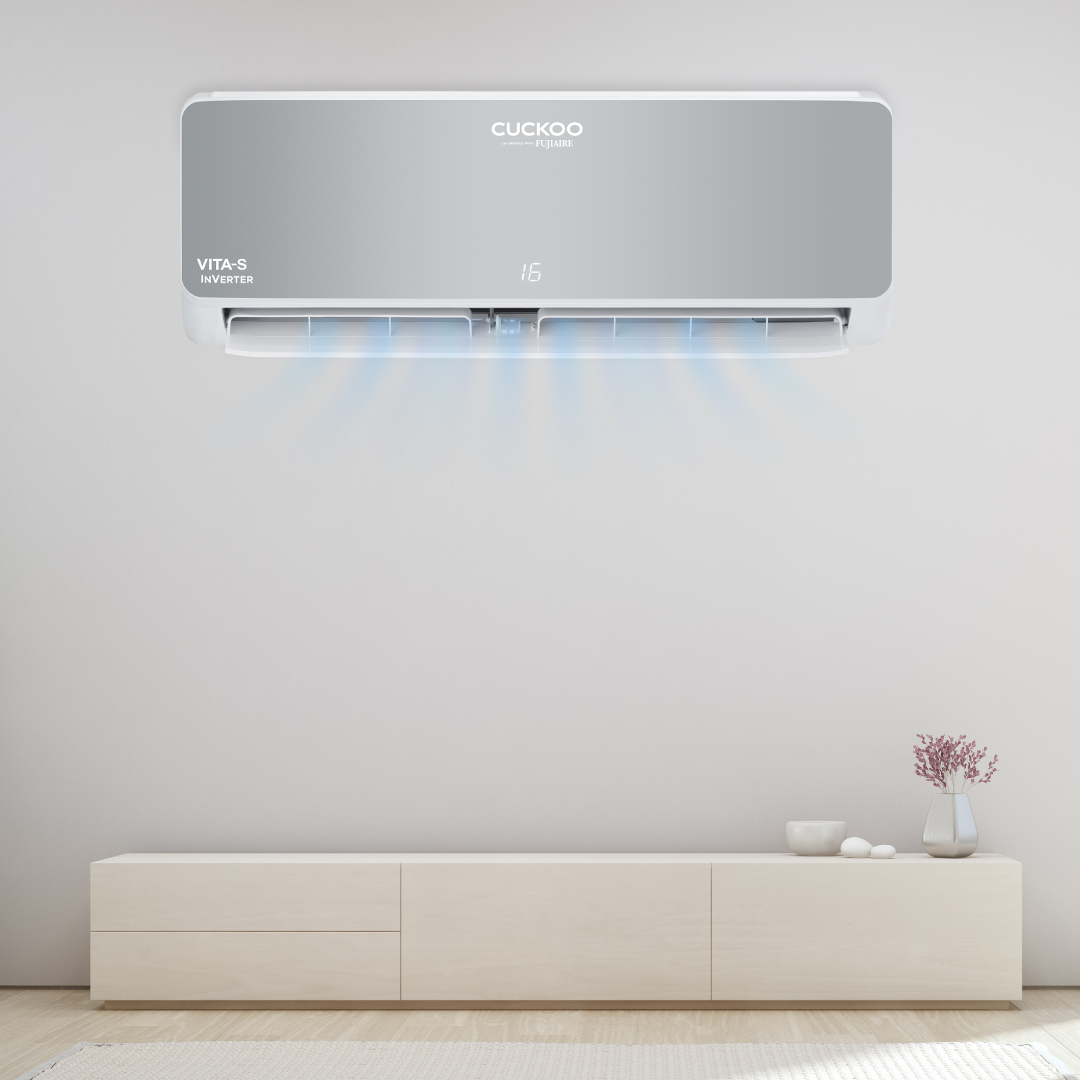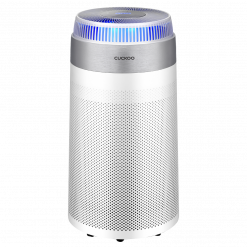Do Air Purifiers
Kill Viruses and Bacteria?


Don’t worry!
Take a Deep Breath (of Purified Air)
Fortunately, air purifiers are created for this very purpose — to combat contaminants for the purpose of enhancing indoor air quality. The demand for air purifiers has surged alongside the rising severity of air pollution and of late, coronavirus concerns. While it is undeniable that air purifiers have been visibly effective through significantly improved symptoms among groups of individuals with asthma and allergy-related respiratory diseases, the question remains: do air purifiers actually filter out and even kill viruses and bacteria, as famously claimed?

































